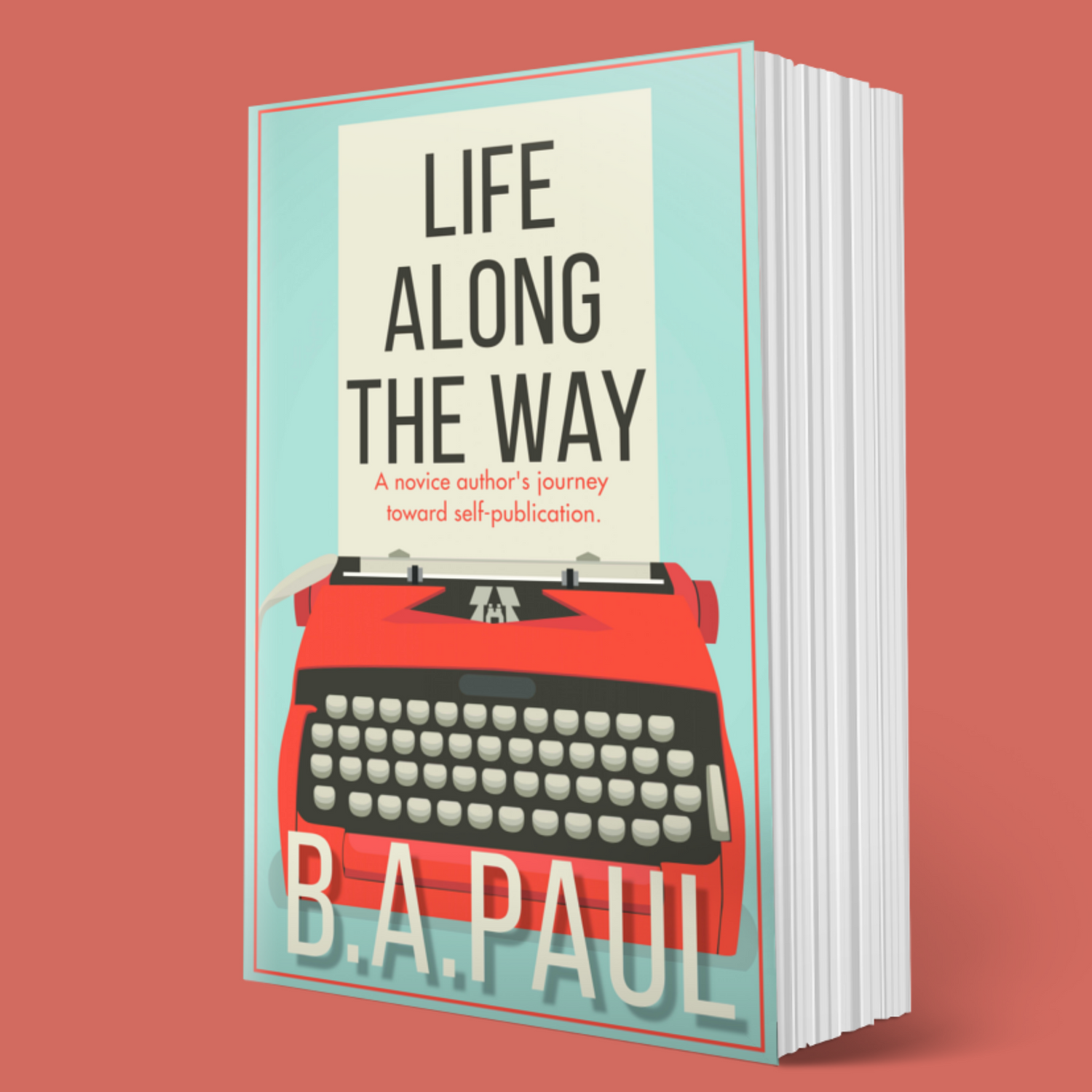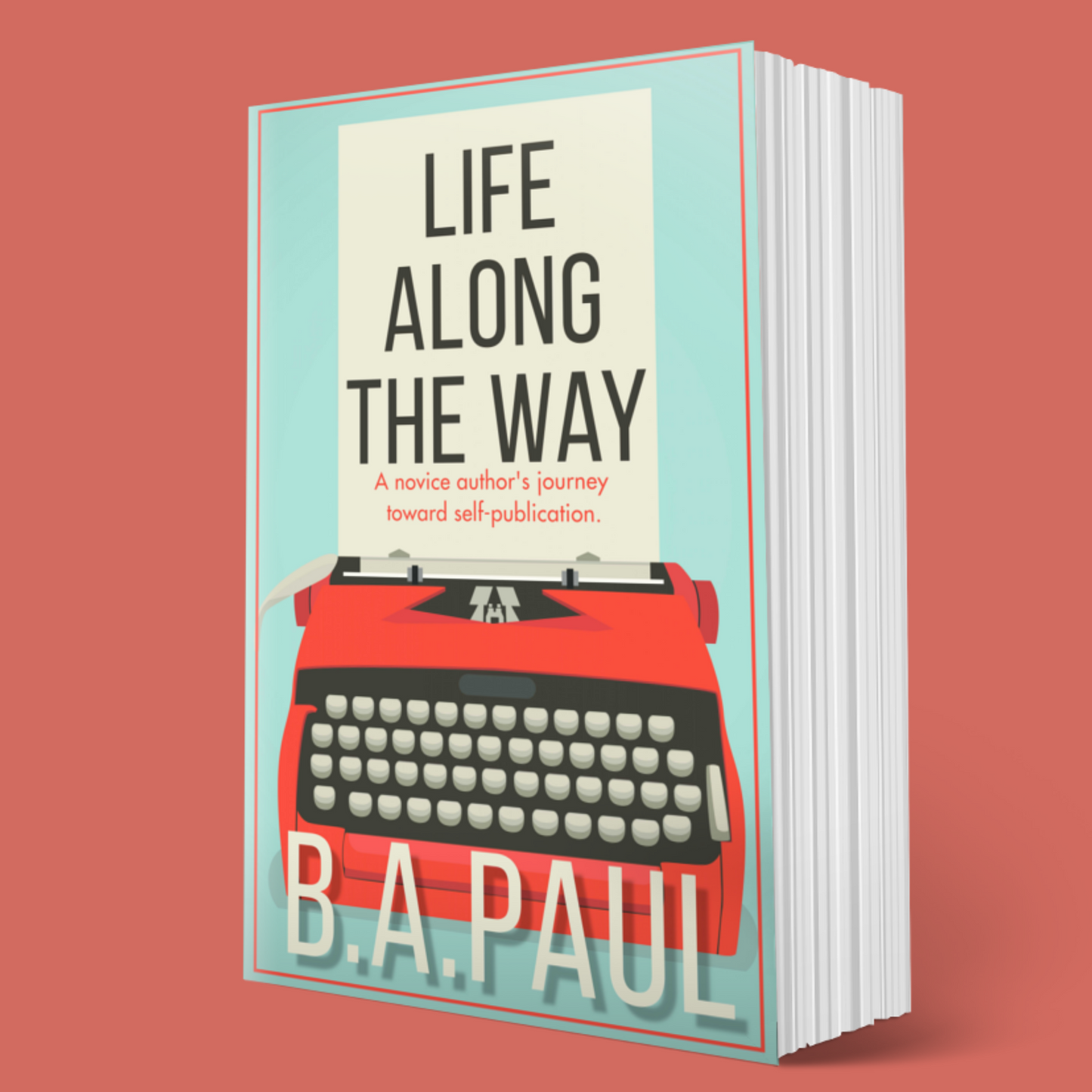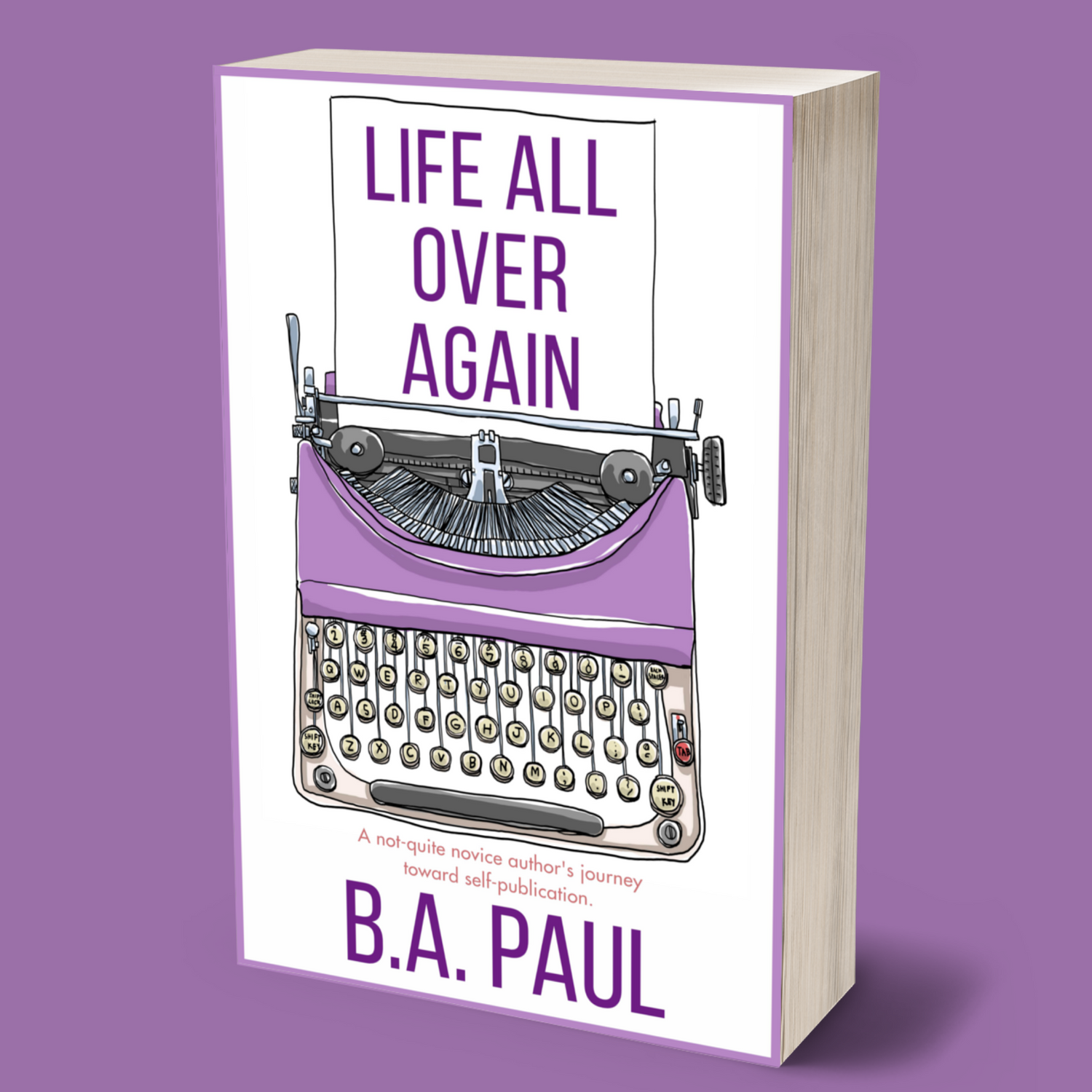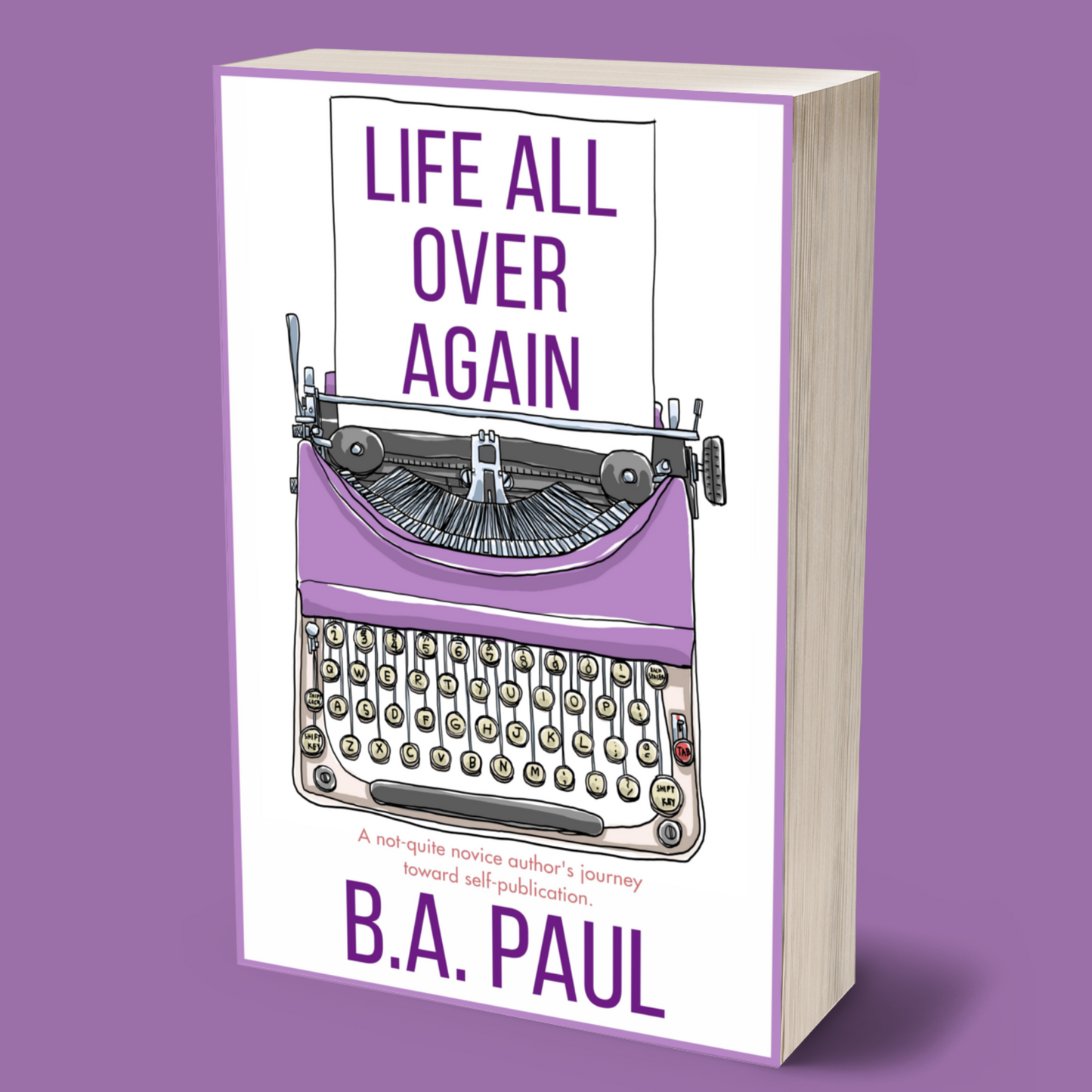Officer Sterling Moore is in for one doozy of a case when a street performer goes missing. And to solve this one, he mustn’t move a single muscle. This story first appeared in Ellery Queen Mystery Magazine in 2022.
Sterling Moore arrived at Roberts Park just as the sun’s morning rays kissed the tops of the pine trees near the playground. Stray joggers and a solo groundskeeper—all accustomed to the looks of Sterling—all of them dutifully ignored him as they went about their business in the small city park. Beyond the pines, the skyscrapers scratched through the wisps of fog the sun hadn’t managed to burn off yet. It would be hot today.
It was hot yesterday. But what did one expect in the middle of June?
How did Moses do this? Day after day in all this gear?
Sterling reached beneath the heavy cloak and retrieved a water bottle, sweaty with condensation. Careful not to let the drops fall on his face, he took in half the bottle in a few giant swigs, then tucked it back in the stiff coat opposite the side of his holstered Glock.
He spotted Moses’s bench and made his way toward it, regretting that the sun would be directly in his eyes in a few moments. The pine branches, frail tendrils as they were, would be of no help shading out the rays. He placed the wooden box with the slit in the top near the bench’s front foot, just as Moses had done for over a year.
Visible, but not right away.
As Moses had done, so would Sterling. He’d match the man’s actions as closely as he could. The bench. The box. The costume—uniform as Moses had called it in his letter.
And the pose.
Sterling adjusted his stiff coverings and draped his arm over the back of the bench. The other, and this is where his pose differed from Moses, rested on the water bottle inside the heavy coverings. He crossed his legs, allowing the bronzed leggings and one-size-too-small stiff shoes to poke from under the coat.
He fixed his gaze on the swing set.
No. That would be no good. The swing would be in motion soon as squealing children filled the playground.
The pines? The faint breeze, scant in strength and frequency, caused the branches to bend just a little. Still too much motion for Sterling’s liking.
Sometimes, when one stared at inanimate objects with intricate patterns, such as the bark of the massive oak towering fifty yards from the bench, those patterns jump out in a twisting three-dimensional illusion, causing one to blink far too often if one were to be a statue. The bark of the oak was already doing that to him, and he’d only considered the trunk of the tree for a few seconds.
He blinked hard, resetting his field of vision to baseline.
The twisty slide would work. The tip of the safety rail.
He fixed his gaze on the top of the slide so his eyes would remain still. He hoped the Tudor hat with long bronzed feather didn’t melt off his head, revealing his high-and-tight officer cut. He’d not bothered to apply the bronzing solution to the portion of his head where the hat covered. Moses’s supply was running low, and that stage makeup, after much research by his department, was exuberantly expensive.
Officer Sterling Moore was as close to a living statue as a first-time, untrained street artist could be. He spent the past several nights awake, restless. Playing over and over in his mind what he may have missed during his patrols of Roberts Park in the days prior. Unwilling to shake the disappearance of Moses. A man who’d never spoken a word to Sterling in all the days on patrol.
But Sterling felt he knew the old man, nonetheless.
Maybe it was the startle Moses had given Sterling almost a year ago. The first time the Shakespearean statue had shown itself in the park. Sterling thought the parks department had installed a new addition. A little culture. A little history.
But there’d been no plaque for the bronze man.
No ribbon-cutting ceremony as there had been when the new Founding Fathers Fountain went in over by the picnic shelters.
Only a tiny, wooden box by stone-still shoes. With a slit in the top.
Then it dawned on Sterling.
Shakespeare—Moses—was a street performer. So still. So perfectly posed in contemplation. No way this poor bloke made any tips—not nearly the tips the other creatives that flocked to Roberts Park took home after a sunny day of work. Not like the break-dancers spinning on their heads, jumping, and flipping. Jugglers. Magicians.
The folky guitarists with smoky voices, lyrics spilling out that the gals and guys no doubt poured heart and soul into. Some were okay. Some were surprisingly good. Most were homeless or nearly there.
Sterling gave himself and the costume one more adjustment before going into sniper mode. Before his tour with the police force, Sterling had plenty of practice remaining stone still for long periods of time, usually on his belly, though, peering through the scope of his rifle. Definitely not covered in stage makeup, balancing a feathered cap on his head, and eyeing a twisty slide.
The training returned. Breathe in, breathe out. Ignore the sweat beads tickling the forehead and temples. Allow no motion.
Hold the bladder. Ignore the fatigue.
Ignore the flies.
Ignore the heat or the cold or the wind or whatever the weather dealt during his assignments.
Fixate on the target. A doorway. A window.
A slide.
He let his mind wander as the foot traffic increased. Children. Parents. Joggers. Lovers hand in hand enjoying the performances. Those who knew about the nature of the park brought pockets full of dollar bills. Sterling earned a dollar every half hour or so. Lots of selfies, ladies cuddling up into his side. Shakespeare himself draped an arm around a lucky few.
He knew from his patrol that the other performers with open guitar cases and upside-down top hats earned far more after their gigs played through. Moses, well. Sterling and the other guys couldn’t understand how the man afforded his loft a few blocks away. Let alone all the artifacts inside. At least not yet.
Sterling was the one who insisted the department at least spend some time looking into the disappearance of this stone-silent man. Street performers came and went, but were usually found pretty quickly. A park across the city—new grounds with new audiences and other wallets to explore. Some, the younger ones, packed it up and went home to mommy’s basement. Others weren’t so lucky.
After the deaths of several street folks over the sweltering summer, Sterling wanted to investigate the missing statue.
And after the note was discovered in Moses’s loft. Well… when they found the note, the captain allotted just a few more resources. Some of those very resources were smeared all over Sterling’s face, hands, and legs. Draped over his shoulders and laced to his feet.
The sun beat from overhead now. Nearly noon. A couple of mothers drug screaming children away from the slide and swings. Time for lunch. Time to go.
One kid wailed and wailed at the massive oak tree, pointing. Screaming. Sterling couldn’t help but look, the law enforcement training overtaking the need to keep his eyes fixed. Sterling didn’t see anything but that three-dimensional illusion in the bark, and the mother scooped up the boy and walked to her car. The kid probably wanted to take a squirrel home.
Or was terrified of squirrels.
He blinked hard, wetting his eyes and allowing the orbs to take in the fullness of the park. Give the muscles a break.
Trash here and there around the playground. A beach ball rolling toward the line of pines. An abandoned baseball bat and toy truck near the base of the oak.
After a few more glances and gentle nods to his co-workers, Sterling straightened a kink out of his back, took a swig of the water, and resumed the position. Other performers were resetting as well. Changing music tracks, readjusting props, and replacing guitar strings as the crowd lightened ever so slightly for the moment.
He’d been called in a few times to settle territory disputes, especially when word got out that talent scouts or casting directors would be in the area. Tip jars, punches, and foul language spilled along the park’s concrete pathways on those days.
Sitting here, though, Sterling had to wonder what Moses had done. Had seen. Had possessed. The note Moses left was vague. A plea for help in plain English. He’d been scared for his life, he said. And it’d mentioned “Officer Moore with that Nag of a Wife.” With the caps in all the right places.
Sterling’s superior officer was shocked. “Well, you know. I spend so much time patrolling. I’d sit and chat with the old guy. Tell him stories…” Sterling had tried to offer an explanation, but what could he say?
He’d sat on this very bench close to Shakespeare—not quite tucked into Moses’s armpit as the selfie-takers had been—but close enough for a one-sided conversation.
The bench visits started as a joke. “How, ya doin’ today, ol’ Bard?” or “How goes Juliette these days?”
Moses remained still. Shakespeare never spoke. Never blinked.
Then Sterling took to memorizing famous quotes. “All that glitters is not gold.” The quotes earned Sterling a nearly imperceptible nod of the head. Then Moses would return to statuesque mode.
Over the weeks, the jabs and quotes turned into one-sided chats on the bench. Sterling opened up and Moses/Shakespeare listened. No judgment. No eye rolls or head tilts. Someone to unload on and, Sterling was certain, someone who would keep his secrets.
The unpleasable wife. The overbearing mother-in-law. The entitled teenagers.
Moses listened to it all. And Sterling started sliding fives and tens into Moses’s tip box for the therapy sessions.
Two curious preschoolers interrupted Sterling’s thoughts. The pair, a boy and a girl, slid onto the bench. Then a little closer. Then a little closer, until the tiny boy ventured a climb onto the statue, facing the playground, swinging his legs so his tennis shoes pounded against Shakespeare’s shins. These two, smelling of French fries and chicken nuggets and much too young for Elizabethan literature, likely thought him to be a rusted Ronald McDonald clown.
The little girl, sweat pasting her blonde locks to her cheeks, went to her knees on the bench and inspected Sterling’s face. He tried hard not to smile. No blinking. He held his breath and the boy settled against his chest—dangerously close to his little hip finding the grip of his Glock. He’d have to do something to startle them away before the innocent kids tried to unrobe him.
The little girl poked his cheek. She had to feel the midday-stubble growing through the bronze makeup. “Are you real?”
From his periphery, he saw the mother running toward them. “Oh, no. Get off that! Get off him! OMG, I’m so sorry…”
Sterling couldn’t help himself. As the mom approached, he took his eyes off the top of the slide, for a split second, widened them toward the girl, and in his deepest, growly voice, said “Boo.”
The kids screamed and scurried toward the mom. Sterling flinched a bit as the boy’s elbow flew into his ribs during the dismount. He recovered his straight face and stared at the slide. Mom fished into her pocket and dropped clinking coins into the box at his feet, still gushing apologies and threats of no ice cream for the tots if they didn’t listen.
When they were out of sight, a small grin escaped one side of his cheek. He felt the thick paste crack a little. He’d not make it to dusk with much of anything intact.
How did Moses do it?
Therapy sessions. Selfies. Endless days of curious, climbing kids.
Under hot suns and bitter cold clouds. Under layers and layers of stage makeup and costuming.
His partner thought him crazy. Williams worked his way through the park nonetheless, walking the usual patrol routes, chatting up the dancers and guitarists as he went. Ignoring—as Williams usually did—Shakespeare on the bench. They’d worked out a signal. If Williams spotted anything unusual on his rounds while Sterling sat undercover, he’d leave a tip in the box, Sterling’s cue to be alert.
A tip, or a foot chase, whichever happened first. Though with the heavy garb and bad shoes, Sterling doubted he’d be much of a help to Williams if a call came in, a fight broke out, or if they found any kind of suspect in the Moses disappearance.
If Sterling spotted something—well, more likely he’d hear something since his eyes remained on the slide’s top—he’d drop the water bottle from inside his cloak under the bench. Two other officers, Barry and Michelle, in day clothes and leaving tips here and there for the performers, were also on the lookout for Sterling to drop the bottle.
He envied their freedom. Their ability to walk about and stretch and take a restroom break. To guzzle the cart vendors’ sweaty bottles of water and lick mango sorbet from plastic spoons. But this was Sterling’s hand-picked case. And he insisted the best way to scope the park wasn’t to show photos of Moses in Shakespeare’s garb to all of the performers. They’d not rat for fear of retaliation. Theirs was a tight-knit group, even if they didn’t like each other.
No. Sterling thought it best to become Moses. Walk in his shoes. Sit on his bench. Stare. Stone still.
And think.
What did he see that day?
The 911 call had come three days prior. Four days prior, Sterling noticed Moses hadn’t shown up to his post. No tip box. No bronze residue. No witty Bard for a much-needed one-sided banter.
The call was anonymous. The caller said he’d been chased by a man with a gun. Come quick. Please help. Dispatch had sent out a patrol car to the address. An industrial studio loft a few blocks from the park. No one was there when the police arrived.
Cases of makeup, props, costumes, and robes littered the walkways and countertops. Larger props hung from the ceiling by ropes and chains: sleighs, swords, backdrops, artificial greenery in all species of flora. By any therapist’s standards, Moses was a hoarder of all things theater.
The note rested on the table next to a box of bronzing powder and a dish of half-eaten scrambled eggs and toast.
“They think I saw something. Please help.” Addressed to the officer with the nag of a wife.
The joke down at the precinct was that if Moses’s note hadn’t mentioned Sterling by name, it could’ve indicated any of the married police officers. Except Barry. His wife was still perfectly perfect after three fresh months of marriage.
Newlywed bliss. It would pass.
Sterling almost grinned again, but stifled it, lest half of his face fall off in plaster-like chunks to his lap. He swore the sweat was running, but there wasn’t anything he could do about it. Maybe it wasn’t running. Maybe it was pooling in pockets under the stage makeup and was about to erupt in mini geysers from his face and neck.
Hours on this bench. In this position. It rivaled anything he’d ever done as a sniper on his stomach perches.
Over the last few hours, a few more selfies, another curious toddler—this time he refrained from spooking the kid—and one chatty old woman. Not chatting at him, per se, but likely a light case of Alzheimer’s as a middle-aged couple came running to her, gently cupping her elbows, and led her off to the nearby apartment complex.
Had Moses known of that woman? Did he keep an eye on her in her demented wanderings?
Sterling liked to think so.
Someone slid to the end of the bench. A couple of feet from him. Sterling kept his eyes on the slide, grateful the sun was behind him now instead of bouncing laser beams off the metal fixtures of the playground. The pines were still. No sweat-whisking breeze, unfortunately, and he hoped this visitor couldn’t smell his sweat.
Peripheral vision of the oak tree did that crazy three-dimensional thing again, and Sterling thought he noticed movement around the trunk. But all the children had gone home for family time, or more likely screen time, and he had to struggle not to blink away the phenomenon.
His guest was a male. Bald. Overalls. Staring right at his face. Scooting closer and closer.
Waving a hand in front of his eyes.
Sterling didn’t blink.
Kicking gently at his shoes.
Sterling didn’t move.
“I guess you’re gonna want a tip, huh, Moses?”
Sterling remained still.
“Guess you don’t understand simple orders, huh, Moses?” He scooted even closer, nearly in Sterling’s armpit. The man smelled of weed and alcohol. Sterling’s grip around the water bottle tightened, and he hoped it wouldn’t crackle the plastic.
Then pressure. Near the ribs. Pressing through the cloak and into his skin. A blade. Sharp enough to penetrate all those bronzed layers.
Why hadn’t he worn his Kevlar?
Heat, dummy. That’s why. It was too hot.
He removed his gaze from the slide. Slowly. A little nearer.
To the oak tree. Movement there, too, but Sterling couldn’t process it. The blade was at the perfect lung-puncturing angle, and that’s where his eyes dropped to, watering from all the staring and lack of blinking.
“How about we go for a walk, Shakespeare?” The hatred dripped off his words, the knife pressed in deeper. Through the undershirt.
A whoosh drew his attention up as he dropped the water bottle from under the cloak. The oak tree. The three-dimensional aura Sterling had wrestled out of his sight so many times that day stood behind the bench, wielding the abandoned baseball bat, bringing the wood cracking down on the knife guy’s head.
The knife remained tangled in the bronzed cloak.
Williams was running.
The plainclothes officers were running. Yelling. Barry in the lead. Michelle close behind.
Williams drew his weapon, unsure of where to aim. The fallen male or the talking tree trunk with arms and legs.
Hoarse and parched, Sterling stood, although wobbling and nearly tripping over the unconscious man. The knife fell from the cloak and clanked to the pavement. The Tudor slid off the back of his head and landed on the guy’s gut. “Stop. Stop. Weapons down.” He kicked the knife away with his bronzy shoe.
The tree trunk dropped the ball bat as Williams moved to cover this strange sight.
Sterling rubbed his eyes, putting more bronze in than getting grit out. “Moses?”
“He’s the bad guy, Boss.” Moses nodded to the man on the ground, sweat streaking through his oak-bark face paint. “I saw him one night, I did. I saw him rob those ladies. Hurt them bad by the pine trees, and I was gonna call you. He knew. He’d seen you on the bench with me that day.”
Moses pulled off the shroud of camouflaged bark covering his shoulder. He was in a gray T-shirt underneath. Short-sleeved. A wound, straight and angry, a few days old, snaked up from his elbow to under the sleeve cuff. “He got me good.” He hung his head. “I got scared and abandoned my station. That was my bad, Boss.”
Sterling’s head spun. From the sitting. From the scene before him. Gawkers lined up in semi-circles to do the tech thing. Phones out. Recording. Snapping. Chatting. Barry cuffed the unconscious man.
Michelle and Williams attempted to keep the crowd back.
Sterling sat down on the bench again, but in his own usual spot, not Shakespeare’s. He motioned for Moses to join him. In seamless movement, Moses sat, legs crossed and arm draped over the back of the bench. The pose of The Bard.
“You’ll have to tell us this down at the station. Give a statement.”
Moses nodded.
“You’ll need medical attention for that cut. Antibiotics.”
Moses nodded.
They sat there for a minute, Sterling catching his breath and his wits. Moses staring off into the distance. “How’d you know I’d come looking for you?”
Moses grinned and made full eye contact with Sterling. Kind brown eyes behind stage paint. Crazy dark curls. Sterling wondered how long it took him to tuck them all away for the Shakespeare costume.
“That wife of yours. I knew you’d need to unload soon.”
Sterling guffawed and sat back on the bench, shaking his head.
Williams had brought his squad around. A few fellow officers came along with the paramedics. They bagged the bat. The knife. Moses’s camouflaged shroud.
The paramedics brought fresh water for the two on the bench.
“Hey, Boss?”
“Yeah, Moses.” Sterling had already downed the water.
“Can I have my hat back?”
Sterling scooped the feathered Tudor from under the bench and handed it to Moses. The veteran street performer adjusted it on his head, draped his arm in its rightful position, and stared up toward the dusky sky. Still as a statue.
Officer Sterling Moore, untrained street artist, full-time officer, watched four men lift the perp into the back of an ambulance. The criminal didn’t call out. Didn’t flinch. Save for a small trickle of blood staining the white sheet by his head, the guy was stone still.




